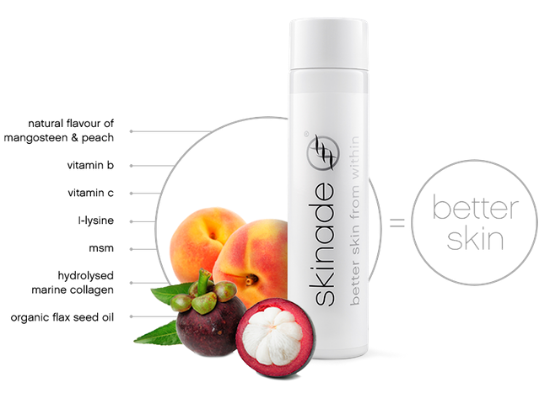Boosting Immunity & Staying Healthy During The Pandemic
Posted on 7th April 2020 by Dr Yusra Al-Mukhtar


It’s important to take care of ourselves and eat well – now more than ever, in order to boost immunity and protect our health during the COVID-19 crisis.
Today we’re talking about the lifestyle changes and nutritional tips we can easily incorporate within our daily routines in order to do exactly that.
Reduce your levels of stress
Stress increases the levels of cortisol in the body – and high cortisol leaves your body more vulnerable to chronic and autoimmune diseases.
Reduce stress by exercising to release endorphins and serotonin, by going for a walk to raise your heart rate and limit your exposure to negative energy (which may mean reducing your time watching the news or reading worrying articles online.) Remember that if you decide to go outside to exercise that you need to abide to social distancing guidelines and minimise contact with others.
Increase your intake of Vitamin C
Vitamin C is the anti-oxidant which deals with collagen production and which upregulates immune responses. It can also help neutralise free radical damage to the skin.
The recommended daily allowance (RDA) for Vitamin C is 90mg.
A few natural sources are:
– Sauerkaut 700mg
– Cabbage 30mg
– Bell Peppers 90mg
– Lemons 45mg
– Broccoli
Skinade (which you can order from us here for direct to your door delivery) contains 450% of your RDA; as you need 350% of the Vitamin C RDA for your body to be able to make new collagen. If you only have the basic RDA in your diet you’ll only maintain collagen and not produce more – so up your intake and supplement as necessary to boost your skin’s health & immunity.

… And increase your levels of Vitamin D
Getting 3000IU of Vitamin D each day has been shown to reduce the progression of viral illness to acute respiratory distress. It can be found in fatty fish, egg yolks, mushrooms, cheese and foods fortified with Vitamin D; such as some dairy products, orange juice, soy milk and cereals.
Sunshine is the best source of Vitamin D – but as we’re somewhat limited to this right now (what with the sketchy UK weather and lockdown restrictions) I advise buying an over-the-counter Vitamin D supplement to boost your levels.
Incorporate Nitrous Oxide into your diet
Nitrous Oxide boasts anti-viral properties and some studies show it is useful in fighting influenza by inhibiting viral multiplication. This nutrient can be found in beetroot.
Boost Melatonin
Melatonin is a powerful antioxidant that is produced in the night-time to help us sleep. It has been demonstrated that Melatonin can improve outcome in influenza and reduce the progression of viral infections to acute respiratory distress syndrome. So prioritise getting a good night’s sleep.
Try Turmeric
Turmeric is a powerful anti-inflammatory. Take with black pepper to increase your rate of absorption by up to 2000%.
Introduce Zinc Picolonate
Zinc Picolonate reduces the length of viral illness and the severity of your symptoms.
Incorporate Selenium into your diet
Dietary multimicronutrient supplements containing selenium up to 200 μg/d have the potential to be used as safe, inexpensive and widely available adjuvant therapies in viral infections.
Dietary supplementation with Selenium containing multimicronutrients may also be useful in improving supportive care & strengthening the immune system of patients suffering from newly emerging viral diseases.
Experiment with Olive Tree Extracts
Olive Tree Extracts exhibit anti-viral activity; which may be useful during these difficult times.
Amp up your intake of immunity boosting foods
Examples of a few foods that are great at boosting our immune systems are garlic, ginger, turmeric (as we touched upon before), spinach, broccoli, citrus fruits and almonds.
Choose kindness
Compassion and kindness are both forms of medicine – boost your immune system by sharing positivity. Your mind is powerful; empower your mind to empower your body.
Best wishes,
Dr Yusra & Team



